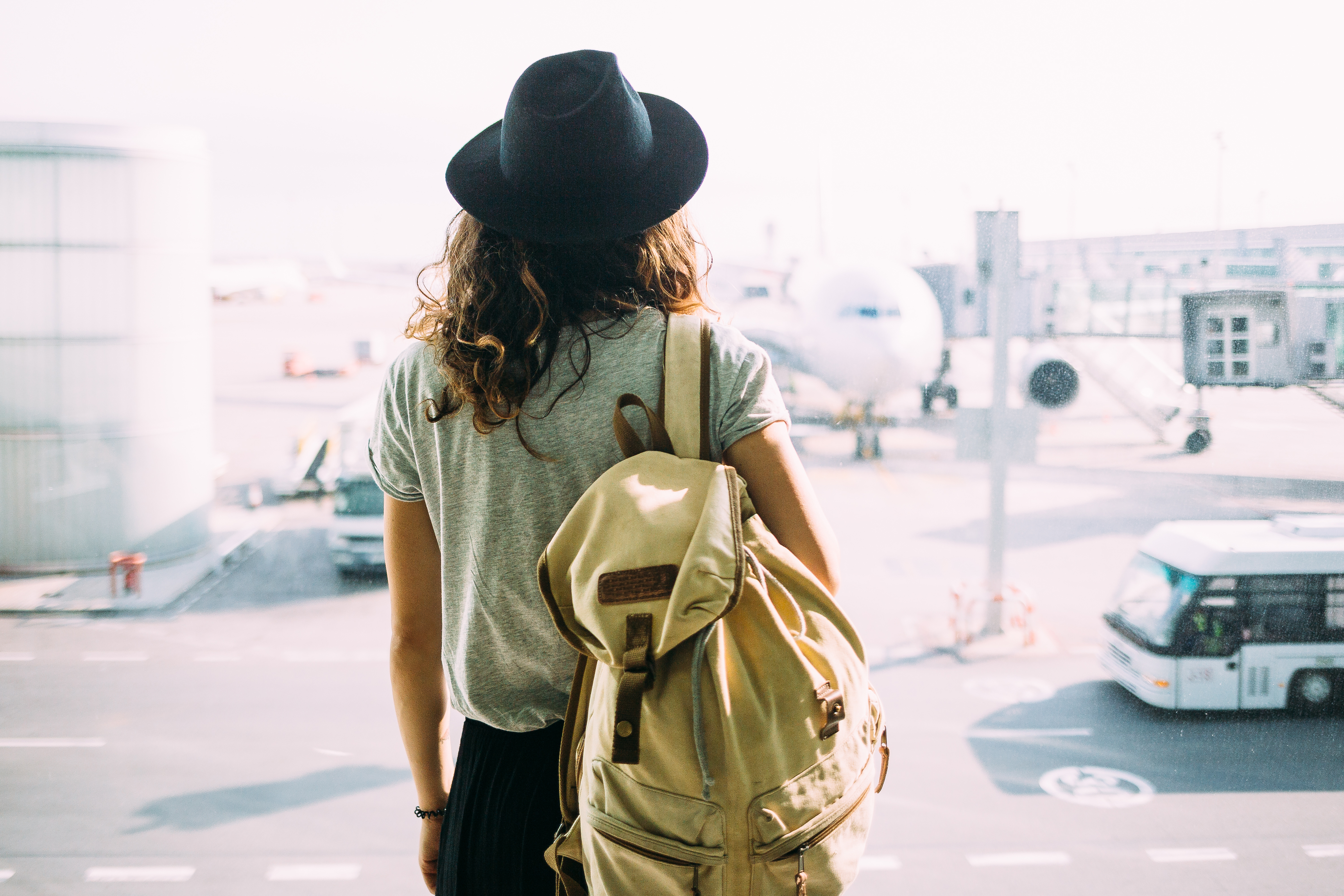
Holiday travel often includes visiting loved ones or taking a vacation. Whether you’re seeking a winter wonderland or escaping subzero temperatures, follow these travel tips for a healthy and safe holiday travel season.
Before Travel Tips
Make sure you are up-to-date on all of your routine vaccines. Routine vaccinations protect you from infectious diseases such as measles that can spread quickly in groups of unvaccinated people. Many diseases prevented by routine vaccination are not common in the United States but are still common in other countries.
Get up to date with your COVID-19 vaccines and get a seasonal flu vaccine. In the United States, CDC recommends getting a flu vaccine before the end of October
Prepare a travel health kit with items you may need, especially those items that may be difficult to find at your destination. Include your prescriptions and over-the-counter medicines in your travel health kit and take enough to last your entire trip, plus extra in case of travel delays. Depending on your destination you may also want to pack insect repellent, sunscreen (SPF15 or higher), aloe, alcohol-based hand sanitizer, water disinfection tablets, and your health insurance card.
During Your Trip
Choose safe transportation. Always wear a seat belt, and children should ride in car seats. Motor vehicle crashes are the leading cause of death among healthy travelers. Be alert when crossing the street, especially in countries where people drive on the left side of the road. Find out other steps you can take to stay safe on the roads.
Protect yourself from the sun. Apply sunscreen with SPF 15 or higher when traveling. Protecting yourself from the sun isn’t just for tropical beaches—you can get a sunburn even if it’s cloudy or cold. You are at the highest risk for UV exposure when you are traveling during summer months, near the equator, at high altitudes, or between 10 am to 4 pm.
When traveling in cold weather or climates, wear warm clothing in several loose layers.
Consideration for Warm Weather Travel
If you are traveling in hot weather or in a hot climate, wear loose, lightweight, light-colored clothing.
Your chances of getting heat stroke, heat exhaustion, or other heat-related illness during travel depend on your destination, activities, level of hydration, and age. Travelers who relax on a beach or by a pool are unlikely to get heat-related illness. Learn how to prevent heat-related illness.
Avoid bug bites. Use insect repellent and take other steps to avoid bug bites. Bugs, including mosquitoes, ticks, fleas, and flies, can spread diseases such as malaria, yellow fever, Zika, dengue, chikungunya, and Lyme. These bugs are typically more active during warm weather.
After Travel
If you traveled and feel sick, particularly if you have a fever, talk to a healthcare provider and tell them about your travel.
